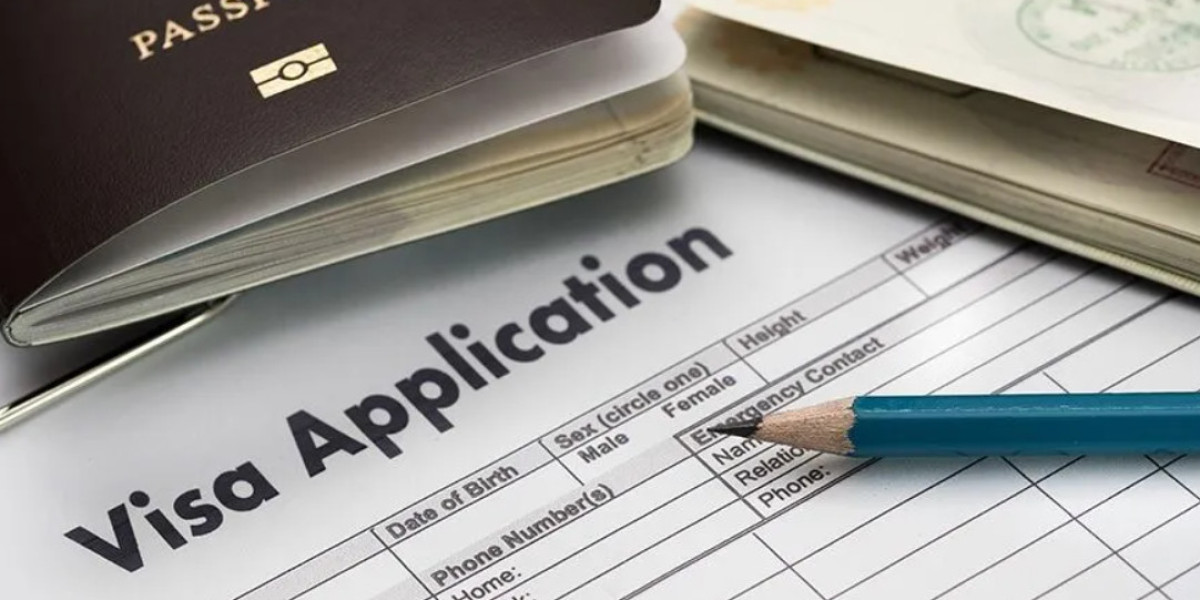Canada is one of the top destinations for skilled professionals, tradespeople, and business executives seeking work opportunities. However, the process of applying for a work visa can be complex, requiring careful preparation, eligibility assessment, and compliance with Canadian immigration laws. Here is everything you need to know about the work visa application process to ensure your journey to working in Canada is smooth and successful.
What is a Canadian Work Visa?
A Canadian work visa, commonly referred to as a work permit, allows foreign nationals to work legally in Canada for a specific employer or under open conditions, depending on eligibility. There are two main types:
Employer-Specific Work Permit: Tied to a single employer and job role, often requiring a Labour Market Impact Assessment (LMIA).
Open Work Permit: Allows working for any employer in Canada, available in specific situations such as spousal permits, postgraduate work permits, or bridging open work permits.
Who Needs a Work Visa?
Most foreign nationals need a work permit to work in Canada unless they qualify under work permit-exempt categories (e.g. business visitors, certain performing artists, or short-term researchers under specific programs).
Steps to Apply for a Work Visa
1. Obtain a Valid Job Offer
For most employer-specific work permits, you must first secure a job offer from a Canadian employer. The employer may need to obtain an LMIA to prove no Canadian citizen or permanent resident is available for the role.
2. Determine Eligibility
You must:
Prove you will leave Canada at the end of your work permit validity
Have no criminal or medical inadmissibility issues
Show proof of financial support for your stay
Provide necessary documentation like education certificates, work experience letters, and identity proof
3. Gather Required Documents
Typical documents include:
Job offer letter or employment contract
LMIA approval letter (if applicable)
Passport or travel documents
Proof of qualifications and professional licenses
Medical examination results (for certain occupations or long-term permits)
Police clearance certificates, if required
4. Submit Your Application
Applications can be submitted online through the IRCC portal or via paper application in certain jurisdictions. You will need to pay the applicable government fees during submission.
5. Biometrics and Interview
Most applicants need to provide biometrics (fingerprints and photo) at a Visa Application Centre (VAC). Some may be called for an interview or additional document verification before a decision is made.
6. Wait for Processing
Processing times vary by country of residence, program type, and current immigration backlogs. Checking IRCC processing times helps estimate waiting periods.
Tips for a Successful Work Visa Application
Ensure Accuracy: Mistakes or missing information can lead to delays or refusals. Double-check all forms and supporting documents.
Strong Job Offer: Ensure your job offer includes clear details on duties, salary, hours, and employer information.
Meet LMIA Requirements: If your role requires an LMIA, your employer should follow proper advertising and application procedures.
Maintain Consistency: Ensure your application details align with your employment history, travel records, and supporting documents.
Prepare for Medicals and Police Checks Early: These can take time and may delay your application if not submitted promptly.
How Visa Application Lawyers Can Help
While it is possible to apply independently, many applicants choose to work with immigration lawyers for:
Eligibility assessment and program strategy
Preparing complete, error-free applications
LMIA guidance for employers
Handling complex cases involving refusals or admissibility issues
Drafting strong legal submissions to support applications
Their expertise can improve your chances of approval and reduce the stress of navigating Canadian immigration requirements.
Conclusion
Canada offers abundant opportunities for skilled workers, but obtaining a work visa involves strict documentation and legal compliance. Understanding the work visa application process and preparing thoroughly will set you on the path to a successful career in Canada. If you are unsure about your eligibility or the application steps, consulting an experienced Brampton work visa application can provide clarity and confidence in your journey.













